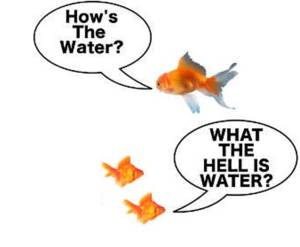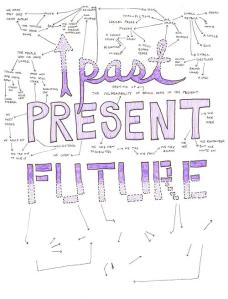I spoke to a dance instructor who told me he dealt with many kids who are considered “youth at risk.”
He thought it extremely unfortunate that they should be labelled as “youth at risk”, because he had found many of them to be honourable, teachable, and desiring to do well just like all other kids.
He described a boy who turned up at one of his classes with tattoos all over his body. On his asking why all the tattoos, the boy explained it was so that he would not be bullied. He felt that tattoos made him look tough, so having all the tattoos was in self-defence, for deterrence. He was no bully, but he had to take action to avoid being bullied.
This reminds me of a story about Tommy.
Tommy simply cannot sit still in kindergarten. During storytelling time, he talks and walks about. He disturbs other children in their work. Instead of taking a nap, he runs around the room. The teacher cannot control him, and thinks he is a real troublemaker.
On Teachers’ Day, the children gave little present to their teacher. Tommy also had a present for her. It was a little box, wrapped with pretty coloured paper. She opened the box slowly and carefully. Inside was a caterpillar! The teacher thought it was a naughty trick. She became very angry, scolded Tommy, and threw the box into the wastepaper basket.
After school, the teacher found a little envelope. It must have dropped from one of the presents. Inside was a letter for her, from Tommy. The letter said: “Dear Teacher, here is a baby butterfly for you. I hope it will become a pretty butterfly.”
The teacher felt very bad. Tommy had wanted to do a good thing, but she had thrown away his present and scolded him. Why? It was because she thought that Tommy was naughty by nature, and thus everything he did must be naughty.
It is so easy for us to fall into the trap simply of judging people by their looks, or their words, or their behaviours. We need to make the time to listen, to understand, to uncover, and to discover.




